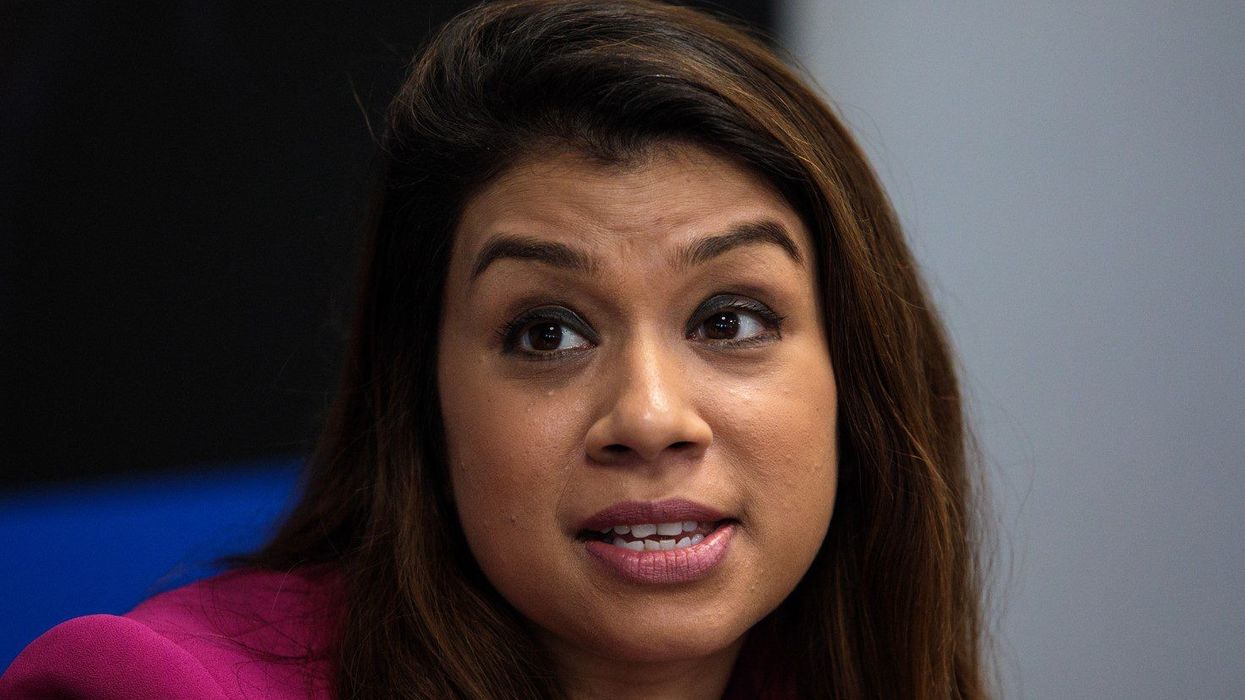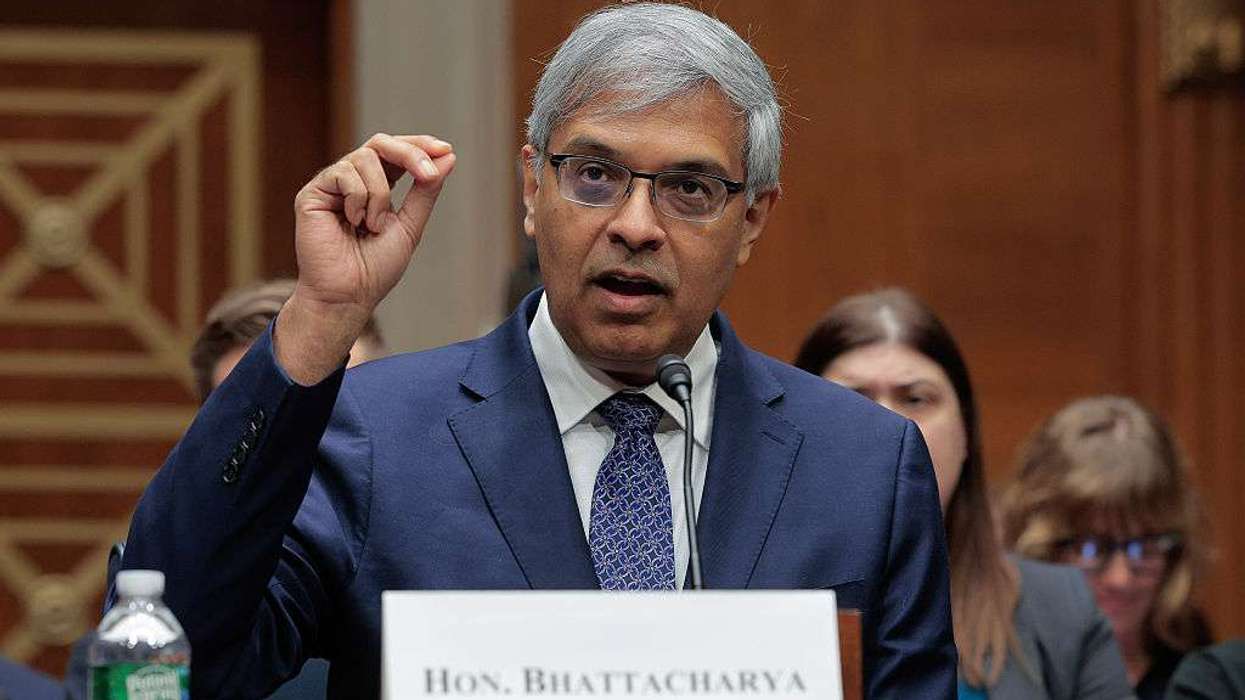BANGLADESH government's chief adviser Muhammad Yunus has urged an investigation into the properties owned by Tulip Siddiq and her family, suggesting they may have been acquired unlawfully during the tenure of her aunt, Bangladesh prime minister Sheikh Hasina.
In an interview with The Times, Yunus criticised the alleged use of properties gifted to the Treasury and City minister and her family by "allies of her aunt's deposed regime."
He called for the assets to be returned to Bangladesh if they were found to have been acquired through misappropriated funds. "It's about plain robbery," Yunus stated, accusing the previous government of embezzling funds that had significant consequences for the country.
The Sunday Times followed Yunus’ interview with another report titled “(UK) PM urged to sack Tulip Siddiq after Bangladesh leader's rebuke.” The report mentioned calls for Siddiq’s resignation over allegations tied to properties gifted to her and her family during Sheikh Hasina's regime.
It also noted that Downing Street might already be considering Siddiq's replacement.
According to the investigation, Siddiq lived in a Hampstead property linked to an offshore company named in the Panama Papers, which is reportedly connected to two Bangladeshi businessmen. Yunus called it "ironic" that Siddiq, responsible for tackling corruption, faced such allegations.
Yunus referred to findings in an official report, which alleged that individuals connected to the Awami League regime had funnelled billions of dollars out of Bangladesh, using some of it to acquire foreign properties. "They pointed out how money is stolen, but it's not stealing – when you steal, you hide it. It's a robbery," Yunus said.
When asked if these allegations could apply to properties used by Hasina's family in London, Yunus replied, "Absolutely, it's about plain robbery. Nothing else." He added, “If a UK parliament member is involved, definitely it’s a big issue.”
Yunus emphasised the need for these properties to be returned to Bangladesh, where possible.
He mentioned that efforts were underway to recover cash and assets held overseas, believed to have originated from funds taken out of Bangladesh.
The Sunday Times noted that the UK’s National Crime Agency had expressed willingness to assist Bangladesh in recovering such assets.
(With inputs from PTI)




